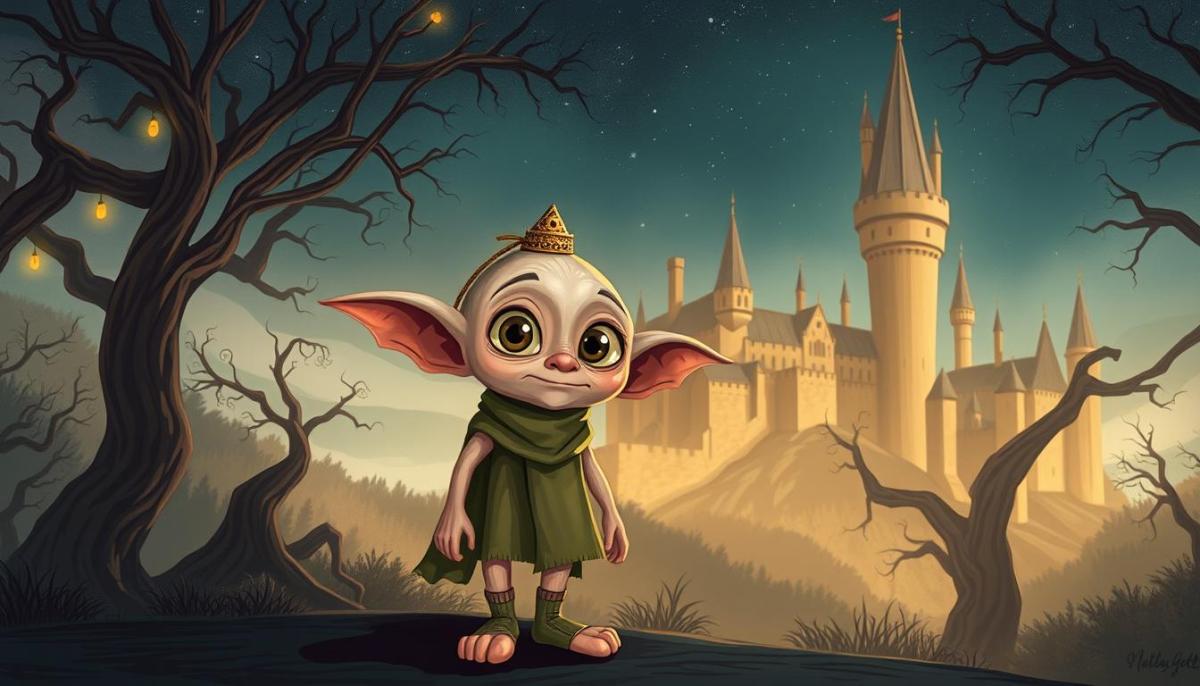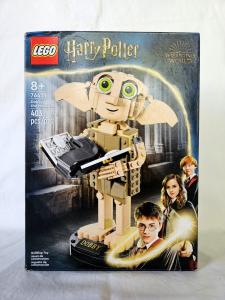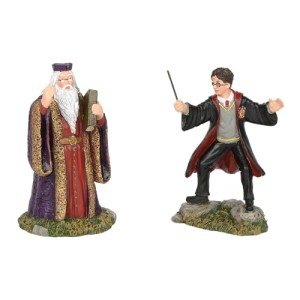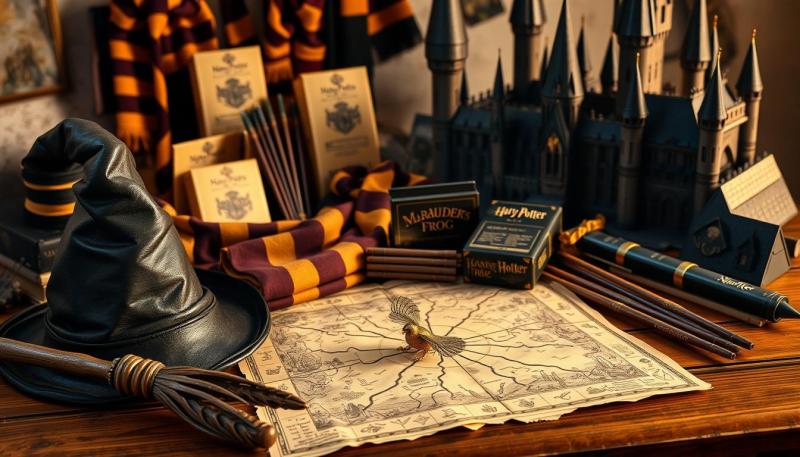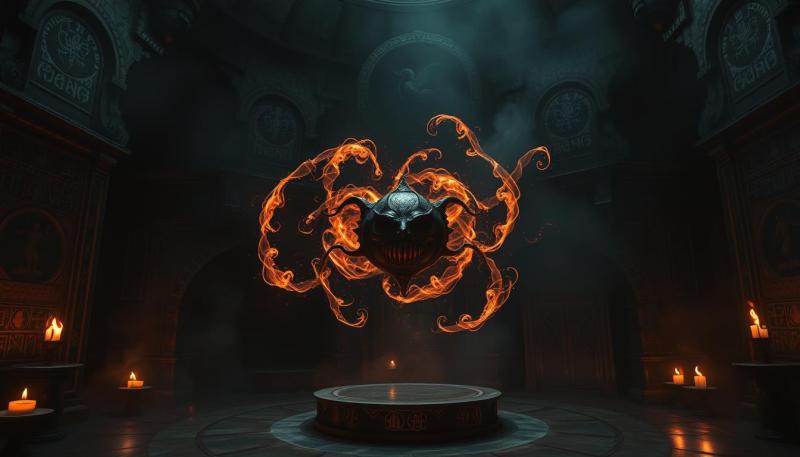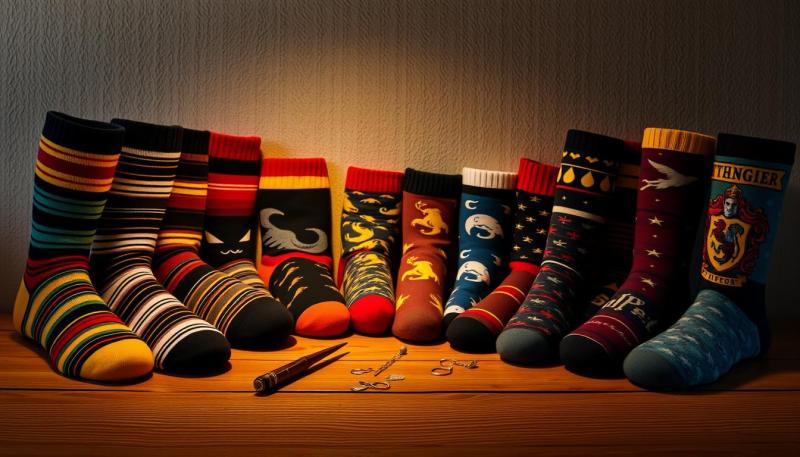I’ll never forget the first time I read about a certain sock-obsessed hero in Harry Potter and the Chamber of Secrets. There he was – a tiny figure with tennis-ball eyes, risking everything to protect a boy he’d never met. This wasn’t just another magical creature; this was a revolution in storytelling wearing mismatched tea towels.
J.K. Rowling’s genius shines through this unlikely champion. Through his journey from trembling servant to fearless ally, we see more than fantasy – we see ourselves. His struggles mirror our own battles for autonomy, his victories remind us that courage comes in all sizes.
What makes this particular Harry Potter figure so unforgettable? It’s not just the humor in his chaotic attempts to help, or the heartbreak of his final act. It’s how he embodies universal truths about dignity and choice while making us laugh through our tears.
Key Takeaways
- Discover how a magical underdog became an icon of resistance and loyalty
- Explore the deeper social commentary hidden in fantasy storytelling
- Understand why this character’s arc resonates across generations
- Learn how humor and tragedy combine to create lasting emotional impact
- Uncover the real-world parallels in magical creature representation
From his first appearance warning Harry about danger to his final breath defending friends, this character’s legacy teaches us that true power lies in compassion. His story isn’t just part of the wizarding world – it’s a masterclass in writing characters that change how we see our own world.
Introduction to Dobby's Magical World
Behind the polished marble of wizard manors hummed a secret society most Harry Potter fans never fully saw. These estates hid workers who could vanish spilled tea with a snap yet couldn’t choose their own bedtime. Their magic flowed freely, but their lives didn’t.
You’d be shocked to learn these beings cooked feasts without tasting them, cleaned libraries they couldn’t read in. Their power had limits – not from ability, but from cruel rules. Masters held absolute control, enforced by spells older than Hogwarts itself.
Here’s the twist that still gets me: freedom came through fabric. A single sock could unravel centuries of bondage. This wasn’t just magic – it was poetry written in linen threads. The wizarding world called it tradition. I call it tragedy with dress-up.
Their culture thrived in hidden corners. They developed wandless spells stronger than most charms we see in Harry Potter. Yet their greatest magic? Preserving hope while scrubbing floors. Most never dreamed of paychecks or weekends – servitude was all they knew.
Next time you rewatch the films, notice the quiet moments. The way robes are handled. The glances exchanged in kitchens. You’ll start seeing the magic system’s dark underbelly – and understand why one creature’s fight mattered so deeply.
Background and Early Life of Dobby
June 28th marked the arrival of a small being destined for silent suffering. Born into British servitude, this 3-foot-tall creature with moss-green eyes and leathery brown skin never knew kindness. His life began as property – a fact as unchangeable as the magic binding him to his masters.

Birth, Nationality, and Early Circumstances
The Malfoy Manor's opulence hid dark secrets. Here, our hero learned his first lesson: "A good house-elf anticipates needs before they're spoken." His days blurred into years of polishing silverware Draco would never use and dusting books he'd never read.
Three facts defined his existence:
- British heritage meant nothing without basic rights
- Green eyes saw more cruelty than beauty
- Birthdays brought no gifts – only renewed vows of service
House-Elf Life Before Freedom
The Malfoy family perfected psychological torture. Young Draco once demanded he "bang your head on the oven door for serving lukewarm tea." This wasn’t childhood mischief – it was generational cruelty masquerading as tradition.
House-elf culture taught:
- Self-punishment as reflex
- Invisibility as virtue
- Silent endurance as survival
Yet through cracked dinner plates and bruised knuckles, something extraordinary grew – the quiet realization that servitude shouldn’t be a life sentence. This spark would later ignite a revolution, but first, it had to survive decades under Lucius Malfoy’s polished boot.
Life in Servitude: Serving the Malfoy Family
The grandfather clock in Malfoy Manor's entrance hall didn't just mark time – it measured cruelty in hourly increments. Behind its gilded face lay a world where house-elves whispered spells to clean bloodstains from carpets while hiding bruises beneath tea towels.

Treatment and Daily Tasks at Malfoy Manor
Breakfast service began with Lucius Malfoy's favorite threat: "Burn the toast again, and you'll wish you'd never been born." The magical creature tasked with meal preparation faced impossible standards – scalding tea meant self-punishment with fireplace tongs, while perfect service earned only sneers.
Daily chores revealed the family's twisted priorities:
- Polishing dark artifacts for hours without protective gloves
- Memorizing guest preferences for Death Eater gatherings
- Bathing peacocks in rosewater while starving on crusts
Lucius Malfoy weaponized his role as master, turning simple tasks into psychological warfare. He'd demand three contradictory orders simultaneously, then laugh as his servant desperately tried to obey. The treatment wasn't just cruel – it was calculated to break spirit through constant fear.
Yet through cracked hands and sleepless nights, this resilient being preserved something extraordinary. Between death threats and humiliations, he secretly mended Draco's torn school robes – not from duty, but from stubborn compassion. The Malfoy family never understood how their punching bag outclassed them in basic humanity.
Breaking the Chains: How Dobby Became Free
The greatest revolutions often start with small acts of defiance. In Harry Potter and the Chamber of Secrets, a stained diary and a single sock rewrote the rules of magical justice. This wasn't just plot convenience – it was Rowling showing how systemic oppression can be dismantled through clever subversion.
The Sock and the Act of Liberation
Remember that heart-pounding moment when Harry realized clothes meant freedom? He didn't just hand over fabric – he weaponized wizard arrogance. By stuffing Tom Riddle's diary into his own sock, Harry turned Lucius Malfoy's contempt into liberation fuel.
Here's why it worked:
- Wizard law required masters to give clothes, not house-elves to take them
- Harry used Malfoy's hatred of "filthy" objects against him
- The diary became both weapon and wrapping paper
When Lucius flung away the sock like garbage, he didn't realize he'd signed his own defeat. The Harry Potter series often shows how small kindnesses topple cruel systems. This scene? Pure poetic justice served through laundry.
Watch that moment again. Notice how Dobby's trembling hands clutch the sock like a sacred relic. That rag wasn't just fabric – it became a birth certificate for a new life. The magic here isn't in spells, but in human decency outsmarting centuries of prejudice.
Lucius Malfoy's shocked face says it all. His sneer twists into horror as Dobby's magic hurls him backward. For once, the oppressor becomes the fool – and we cheer as freedom literally knocks him down the stairs.
Dobby's Heroic Intervention in the Chamber of Secrets
Most warnings come with words, but some arrive as flying desserts. During Harry's second year, a determined protector turned suburban chaos into a lifesaving message. Let me paint you a picture of how desperation met creativity in Harry Potter history.
LEGO Dobby the House-Elf Building Set 76421
Bring the magic of Hogwarts home with this enchanting LEGO set featuring Dobby the beloved house-elf!
Product information
$23.99
Product Review Score
4.93 out of 5 stars
163 reviewsProduct links
Covert Operations and Chaotic Warnings
You might recall the Malfoys' dinner disaster. That wasn't accidental magic – it was calculated disruption. The house-elf discovered dark plans through hushed conversations at the manor. Muggle-born students faced mortal danger, and time was running out.
| Intervention Method | Immediate Consequence | Hidden Purpose |
|---|---|---|
| Mail interception | Isolated Harry from allies | Prevent return to Hogwarts |
| Pudding levitation | Ruined Dursley dinner | Force expulsion from home |
| Platform barrier seal | Stranded students | Block access to chamber secrets |
Each act carried brutal irony. To save lives, he had to break rules – both magical and social. The flying Ford Anglia incident? That was Plan B after Platform Nine and Three-Quarters became inaccessible.
Here's what still amazes me: every "misguided" action proved necessary. The potter chamber secrets crisis demanded extreme measures. While Harry faced detentions, his would-be protector faced far worse – discovery meant returning to Lucius Malfoy's wrath.
Through intercepted letters and enchanted desserts, this unlikely hero redefined courage. His methods seemed chaotic, but the Harry Potter chamber threat required unconventional warfare. Sometimes saving the world starts with ruining a dinner party.
Dobby's Loyal Journey with Harry Potter
Hogwarts' kitchens buzzed with new energy when a certain house-elf arrived wearing eight mismatched hats at once. For the first time, Dobby's magic served his own choices rather than a cruel master's whims. His weekly Galleon jingled like freedom in a pocket he'd sewn himself.
The bond between Harry Potter and his unlikely ally deepened through shared butterbeams in secret kitchen meetings. Where others saw a servant, Harry saw a friend – one who memorized Hermione's favorite treacle tart and Ron's quidditch schedule. Their laughter echoing through stone corridors became Dobby's new anthem.
Three revolutionary changes defined this era:
- A handwritten "Do Not Disturb" sign on his monthly day off
- Winky's shocked gasp when he requested peppermint tea "just because"
- Harry's urgent plea: "Never risk yourself for me again"
This loyalty wasn't born of obligation, but mutual respect. During the Triwizard Tournament's chaos, Dobby's intel about gillyweed proved crucial. When dark forces returned, his knack for appearing at the right time with clean socks saved lives repeatedly.
The true magic? Watching a once-broken creature blossom through simple kindness. Dobby's story shows how Harry Potter redefined heroism – not through wands or glory, but through seeing potential where others saw none.
Noble Collection Harry Potter Fawkes Plush Toy
Cuddle up with Fawkes, the beloved phoenix, and bring a touch of magic to your collection!
Product information
$34.99
Product Review Score
4.85 out of 5 stars
15 reviewsProduct links
Exploring House-Elf Magic and Abilities
The true strength of magic isn’t in the wand but in the hands—or lack thereof—of its wielder. While wizards fuss over polished oak and phoenix feathers, house-elves channel raw power through fingertips. Their powerful magic defies size, bending reality without wooden crutches.
Unique Wandless Magic and Powerful Spells
You’d need three wizards to replicate what one determined house-elf achieves before breakfast. From teleporting through wards to mending broken bones with a snap, their abilities operate on pure instinct. Harry once noted they outclass most wizards in advanced spellwork – high praise from the boy who survived killing curses.
What makes their powerful magic so extraordinary? It thrives on freedom. Unlike wand-dependent magic, house-elf spells grow stronger when self-determined. That sock-liberated hero proved it – his protective charms intensified after leaving servitude.
Here’s the kicker: no wand means no limitations. While wizards argue about proper incantations, house-elves rewrite magical rules through sheer force of will. Their contentment without a wand isn’t weakness – it’s revolutionary confidence in innate power.
FAQ
How did the sock incident lead to freedom for this house-elf?
In Harry Potter and the Chamber of Secrets, Harry tricked Lucius Malfoy into handing over a sock hidden in Tom Riddle’s diary. Since clothing symbolizes liberation for enslaved magical beings, this act legally freed the elf from the Malfoy family’s control.
What made this character’s magic unique compared to wizards?
House-elves wield powerful wandless magic that even skilled witches and wizards can’t replicate. They can teleport in restricted areas like Hogwarts, override human spells, and cast protective enchantments—abilities showcased throughout the series.
Why did the Malfoy family treat their servant so harshly?
The Malfoys viewed house-elves as disposable property, reflecting their belief in blood purity. Lucius Malfoy’s cruelty—like forcing self-punishment for minor mistakes—highlighted the systemic abuse within wizarding society’s treatment of magical creatures.
What role did loyalty play in this elf’s relationship with Harry?
After gaining freedom, the elf’s devotion shifted to Harry, who showed him kindness. This bond drove heroic acts, like risking his life to warn Harry about dangers in Chamber of Secrets and later helping infiltrate the Ministry of Magic.
How did the character’s clothing symbolize deeper themes?
Torn pillowcases represented oppression, while receiving proper clothes marked liberation. The contrast emphasized themes of dignity and autonomy—a sharp critique of how marginalized beings are treated in J.K. Rowling’s wizarding world.
What made the elf’s sacrifice in Deathly Hallows so impactful?
His final act—saving Harry’s group from Malfoy Manor—showcased unwavering courage. The emotional weight came from his growth: a formerly abused servant choosing to die for others’ freedom, cementing his legacy as a hero.
